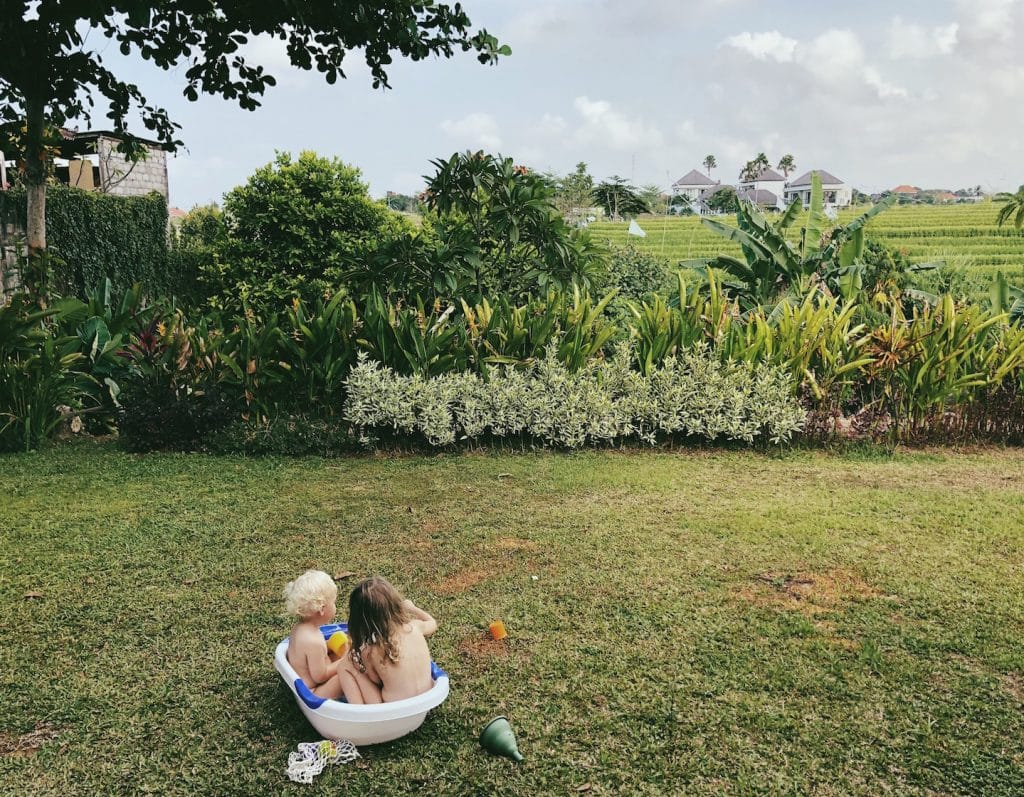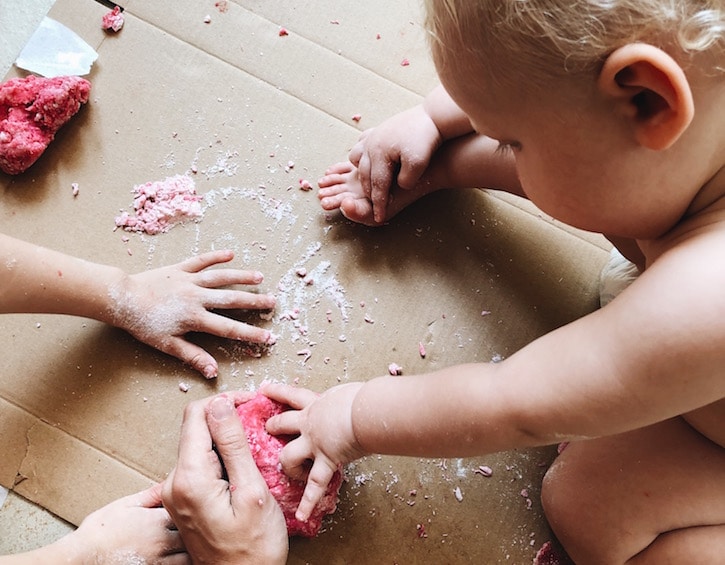




Children are always good — what does our kids’ challenging behaviour really mean? Today’s Respectful Mom parenting tips explain more
Kristin Mariella from respectfulmom.com has become well known for her powerful parenting workshops, writing and social media shares. With a large following and global reach, her focus is on shifting mindsets to inspire parents to become more intentional in their parenting journey. Kristin shares relatable and engaging personal experiences, insights and knowledge as she opens up and connects on a deep level with parents and caregivers around the world. We are so excited to be partnering up with her on a new weekly series; read on for part 5 in this eight-week series, and be sure to check out our Instagram Stories every Thursday for more of Kristin’s parenting tips and mind-blowing insights!
A cornerstone mindset in the respectful parenting approach is the belief that children are always good, that there truly are no bad kids, and when they are behaving in challenging ways that it’s not because they are being naughty or mean, it is purely because they cannot do better in this moment.
“Children do well if they can,” writes Ross W. Greene, Ph.D., a well known American child psychologist and author of the books The Explosive Child and Raising Human Beings. He uses this as a starting point to help parents understand what challenging behaviour actually is.
This is a notable mindset shift from the common “Children do well if they want to.” Too frequently we think kids will do well if they want to and with that mindset we place the responsibility entirely on to our children to behave well — meaning it’s up to our kids to do well. Its not uncommon to hear parents and teachers claiming a challenging child is just looking for attention, wanting to get their own way, they are being lazy or manipulating or just plain want to give us a hard time.
But Dr. Greene questions these assumptions and wonders why kids wouldn’t want to do well?


When our philosophy shifts to ‘children do well if they can’, trusting and belief that children will always choose to do the right thing and behave well if they can, our parenting approach will shift dramatically.
Suddenly, challenging behaviour isn’t something we need to punish or shame our children for. It stops being something we are afraid of or take personally.
Instead of turning to discipline when our children are showing their challenging sides we turn to curiosity. Our kids’ behaviour stops being a nuisance and becomes a valuable set of clues. Clues to what is going on with them.
This is the first step of understanding what behaviour really is, at its core behaviour is always communication. And let me tell you if you aren’t already having a lightbulb moment of your own right now, this is truly life changing piece of information, this.changes.everything.
When we change perspective and begin to understand that kids do well if they can, we can shift to a more productive and supportive role as a parent. Becoming curious about the drivers of the behaviour, what truly lies behind it, we are able to step into our children’s team and work on identifying what is getting in the way of our child doing well. We see further than the behaviour, ready to reframe what we might perceive and judge as bad behaviour and instead meet to our children with empathy and understanding, even when they are at their worst!
So instead of focusing solely on the behaviour that comes up, punishing and disciplining to “fix” that certain unacceptable behaviour, we see it as communication of a deeper need. Understanding that there is something driving this behaviour, we are better able to holistically support our children from the inside out and that, opposite of using punishment and shame, is an approach that actually has a lasting positive effect on our children’s behaviour!
This is not permissive parenting, although it might be misconstrued as that. No, we still make it very clear that certain things – pushing a sibling, drawing on the wall, climbing on tables – are unacceptable and not permitted. But we can do so kindly, seeing further than the behaviour, imagining how our child is feeling in this moment, and most importantly always trusting that they are doing the best that they can.






 View All
View All





 View All
View All







 View All
View All




